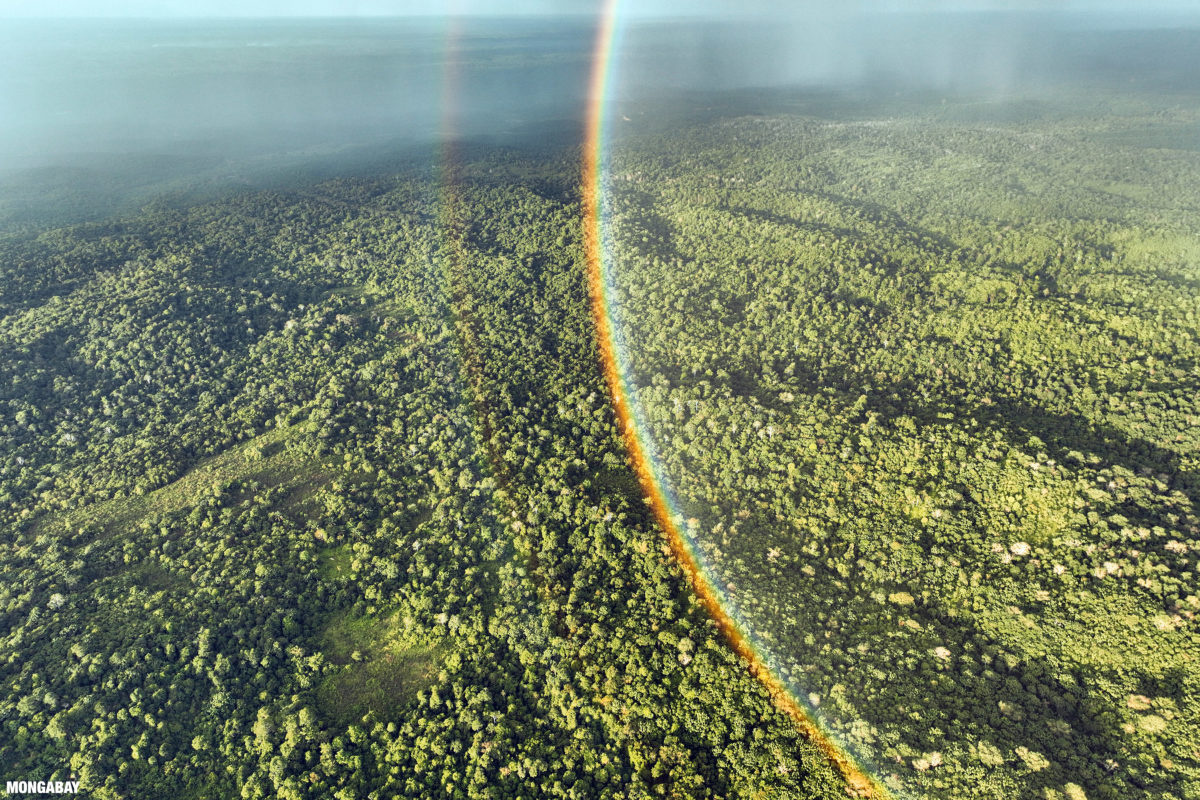Among the planetary challenges we face, biodiversity loss often takes a back seat to climate change. However, interest in “nature-based solutions” is rising as more people recognize the opportunities presented by protecting and restoring natural ecosystems. For example, restoring a degraded tract of mangroves can sequester vast amounts of carbon while simultaneously buffering against storm damage and bolstering fisheries.
Nonetheless many nature-based solutions are still primarily built around the value of the carbon sequestered rather than value of biodiversity or the other services afforded by a healthy and productive ecosystem. Accordingly, unless a project or initiative can make a strong case based on carbon alone, it can struggle to secure support, whether that’s seed capital, funding to go to scale, or donations.
Seeing this as a major gap, last year Silverstrand Capital–a Singapore-based family office–launched an accelerator program to catalyze investment in biodiversity by providing capital, in-kind services and coaching, and other forms of support to companies and organizations that are developing “biodiversity-positive” innovations and projects that go beyond carbon.
“Climate action is important, but climate is just one aspect of planetary health,” Silverstrand Capital’s Founder Kelvin Chiu told Mongabay. “Collectively we should widen our perspectives beyond carbon. Nature is inherently complex, and biodiversity as a metric captures such complexity more holistically than carbon.”
“What is good for nature is good for climate, but what is good for climate is not necessarily good for nature. Many climate investments don’t improve nature and some indeed harm nature, like biofuels, hydroelectric dams, or direct air capture facilities that require clearing of natural lands. We’d argue that it’s better to focus on nature and biodiversity, and that doing so is taking an additional, necessary step beyond ‘net-zero.’”

The first cohort under Silverstrand Capital’s Biodiversity Accelerator+ program included seven entities working on nature-based solutions and technology, ranging from GroundUp Conservation, an incubator for grassroots enterprises in biodiversity hotspots, to Nightjar, which produces an AI-enabled, real-time camera alert system to facilitate monitoring of protected areas.
The response to the program has been very positive so far, says Chiu.
“A big reason why we launched the accelerator was for it to act as a hub for important conversation, and also to bring others on this journey with us to support biodiversity. There are many investors interested in biodiversity, but there has not been enough thought leadership on how we collectively can invest in a meaningful way, and what that means or looks like,” he said.
“The feedback from fellow investors and capacity builders has been really positive, and we have been heartened to see increased inbound investor interest in this space. Our peers have told us that this type of biodiversity-focused work is really lacking, but exactly what is needed for this space to develop.”

Chiu spoke about the accelerator program, Silverstrand Capital interest in nature-based solutions, investing in conservation, and more during a recent exchange with Mongabay Founder Rhett A. Butler.


